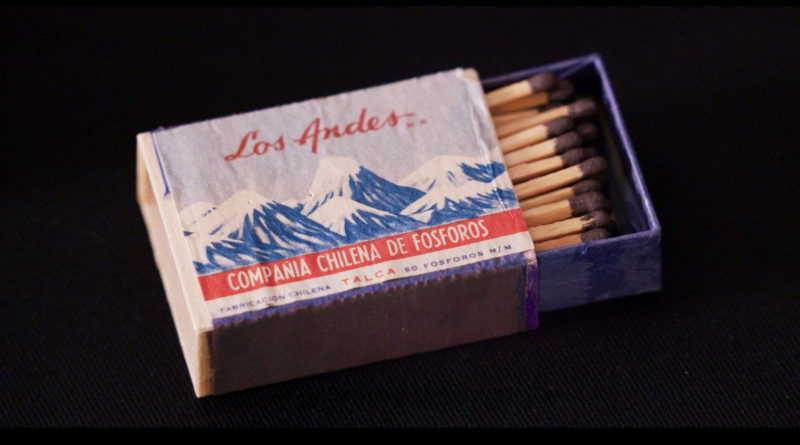REVIEW: Patricio Guzmán’s ‘The Cordillera of Dreams’
Photo: The Cordillera of Dreams, directed by Patricio Guzmán, ponders both the Andes mountains and the continued impact of the 1973 coup in Chile. Photo courtesy of Cinema Tropical / Provided with permission.
Patricio Guzmán, the legendary Chilean director, intimately knows his country and its struggles over the past 50 years. Perhaps best known for The Battle of Chile, the filmmaker has used his place of birth as inspiration for many cinematic projects.
(Read Hollywood Soapbox’s interview with Guzmán here.)
His latest is called The Cordillera of Dreams, a documentary that places the Andes as a symbolic, all-encompassing backdrop for the story of Chile’s yearning for participatory government. The documentary, which won the L’Oeil d’or Best Documentary Award at the 2019 Cannes Film Festival, focuses at first on the mountain range and how it hugs the thin South American country (a “cordillera” is a group of parallel mountain ranges). The second half keeps the mountains at a distance and focuses more on the years of destruction at the hands of dictator Augusto Pinochet, who ruled from the 1970s to 1990. Taken together, these two parts offer an interesting perspective on the natural history and human history of this unique land.
The footage of the Andes that Guzmán is able to capture is often breathtaking. Likely shot from drones and aircraft, the scenes are sweeping in their scope and awe-inspiring in their beauty. The snow-capped mountains extend to the edges of the screen, providing wonderment and a poetic muse to those who live in their shadows. To discover how the Andes has changed people’s minds, he interviews a host of artistic and professional sources, including a sculptor and musician.
The footage of Pinochet’s reign of power is equally breathtaking, but for completely different reasons. Guzmán employs the help of a local cinematographer who has been faithfully recording street protests, military crackdowns and social unrest for decades. There are sequences featuring beatings, powerful hoses turned on the masses, brave acts of conscientious objection and strong solidarity in the streets.
The coup that brought Pinochet into power is explored, and the aftermath of that coup is also on display. Guzmán draws a narrative line right up to the present with the current-day struggles that the country is facing. He even has subjects who ask questions about natural-resource extraction in the Andes — the very mountain range that is meant to inspire, that has made Chile such a unique place in the world.
There are times when the relationship between the mountains, or the “cordillera,” and the stunning footage of protestors feels tenuous. A helpful voiceover makes the connections for the viewer, but sometimes it feels like this relatively short film is actually two films in one. Still, the choice to bring the natural and the human worlds together is a welcome risk, serving as evidence of a director willing to head in different directions, even this late in his illustrious career.
By John Soltes / Publisher / John@HollywoodSoapbox.com
The Cordillera of Dreams (2019). Written and directed by Patricio Guzmán. Featuring Jorge Baradit (documentarian), Vincent Gajardo (sculptor), Francisco Gazitua (sculptor), Javiera Parra (musician) and Pablo Salas (writer). In Spanish with English subtitles. Running time: 102 minutes. Rating: 




